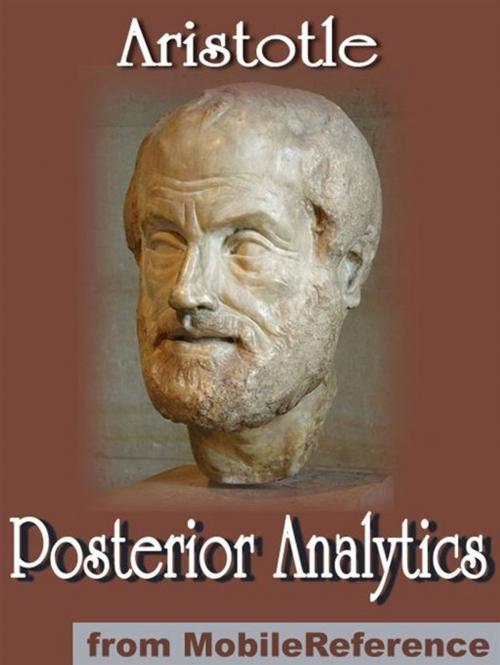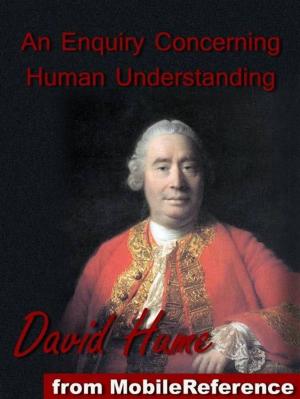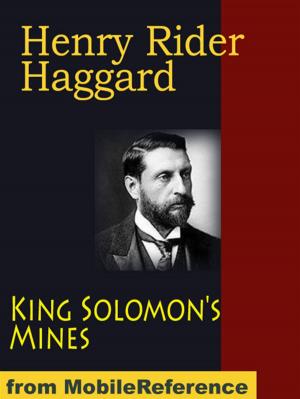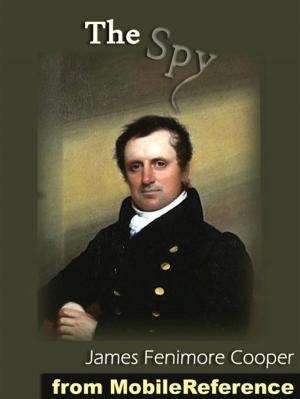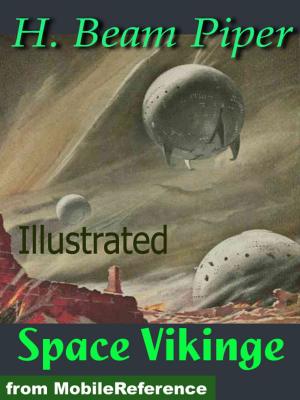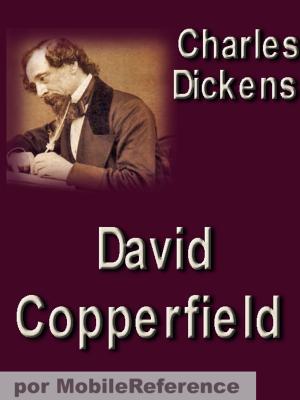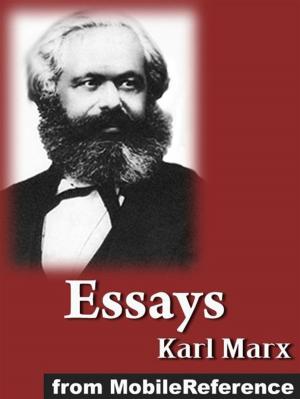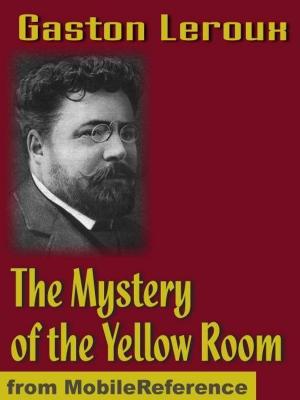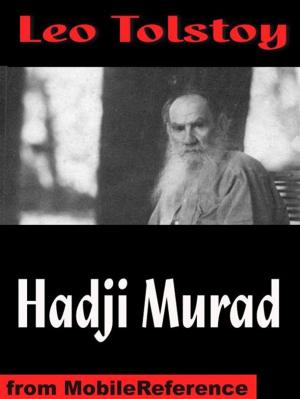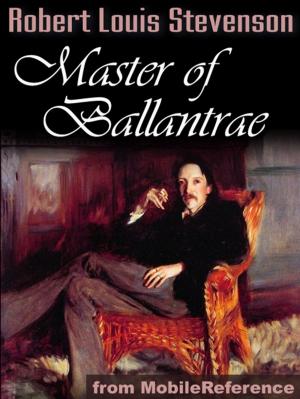Posterior Analytics (Mobi Classics)
Nonfiction, Religion & Spirituality, Philosophy, Logic, Metaphysics| Author: | Aristotle; E. S. Bouchier (Translator) | ISBN: | 9781605017464 |
| Publisher: | MobileReference | Publication: | January 1, 2010 |
| Imprint: | MobileReference | Language: | English |
| Author: | Aristotle; E. S. Bouchier (Translator) |
| ISBN: | 9781605017464 |
| Publisher: | MobileReference |
| Publication: | January 1, 2010 |
| Imprint: | MobileReference |
| Language: | English |
Previous knowledge is required for all scientific studies or methods of instruction. Examples from Mathematics, Dialectic and Rhetoric. Previous knowledge as variously expressed in theses concerning either the existence of a thing or the meaning of the word denoting it. Learning consists in the conversion of universal into particular knowledge. All communications of knowledge from teacher to pupil by way of reasoning pre-suppose some pre-existing knowledge. The truth of this statement may be seen from a complete enumeration of instances:--it is thus that the mathematical sciences are attained and every art also. The same is the case with dialectical arguments whether proceeding by means of the syllogism or of induction, for the former kind makes such assumptions as people who understand the meaning admit, the latter uses the recognized clearness of the particular as an indication of the universal, so that both convey their information by means of things already known. So too orators produce conviction in a like manner, using either Example, which is equivalent to induction, or Enthymeme, which corresponds to syllogism." - Excerpted from "Posterior Analytics
Previous knowledge is required for all scientific studies or methods of instruction. Examples from Mathematics, Dialectic and Rhetoric. Previous knowledge as variously expressed in theses concerning either the existence of a thing or the meaning of the word denoting it. Learning consists in the conversion of universal into particular knowledge. All communications of knowledge from teacher to pupil by way of reasoning pre-suppose some pre-existing knowledge. The truth of this statement may be seen from a complete enumeration of instances:--it is thus that the mathematical sciences are attained and every art also. The same is the case with dialectical arguments whether proceeding by means of the syllogism or of induction, for the former kind makes such assumptions as people who understand the meaning admit, the latter uses the recognized clearness of the particular as an indication of the universal, so that both convey their information by means of things already known. So too orators produce conviction in a like manner, using either Example, which is equivalent to induction, or Enthymeme, which corresponds to syllogism." - Excerpted from "Posterior Analytics
